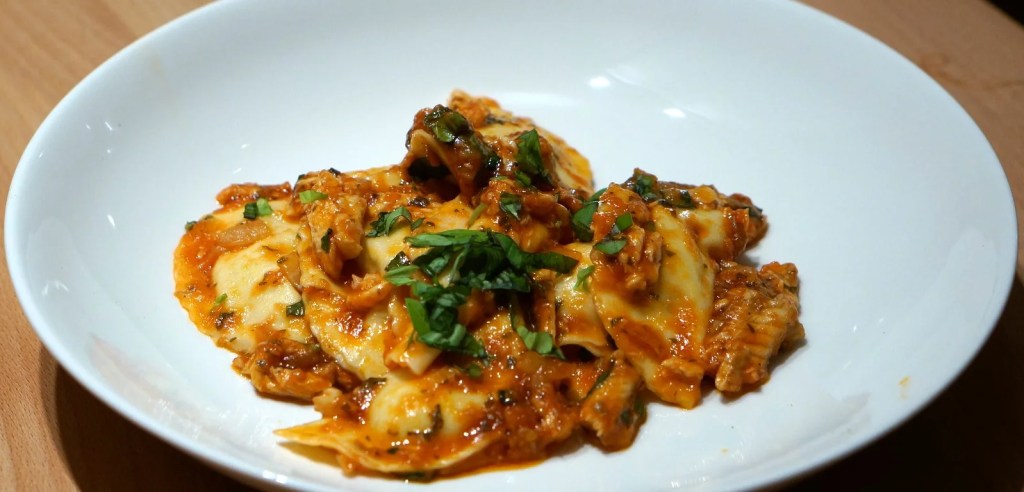Have you ever felt completely drained on a hot summer day, wishing for something that could bring your energy back? In the U.S., people often turn to smoothies, protein bowls, or grilled fish when they need a nutritional boost. In East Asian traditions, though, eel has long been considered a classic “energy food” during the hottest months. But here’s the question: is eel really as powerful for health as people say, or is it just cultural hype? Let’s take a closer look at what science says about this unique food.

Table of Contents
Why Eel Is Considered a Summer Powerhouse

One of the reasons eel has been celebrated for centuries is its incredibly high vitamin A content. To put it in perspective, 100 grams of eel contains about 360 μg RE of vitamin A. That’s over 10 times more than anchovies and nearly 13 times more than beef. Vitamin A is crucial because it keeps your immune defenses strong, protecting the mucous membranes in your respiratory and digestive systems. So, when your body feels run-down in the heat, a vitamin A–rich food like eel may help your immune system bounce back.
Eel is also loaded with high-quality protein, the essential building block for muscles, enzymes, and immune cells. On top of that, it provides vitamin E and retinol, both known for their role in repairing tissues, protecting against oxidative stress, and slowing down cellular aging. That combination explains why people often feel more energized and resilient after eating eel.
From Glowing Skin to Brain Health: Eel’s Multiple Benefits

If you care about skin health, eel might surprise you. Vitamin A supports the renewal of skin cells and prevents dryness. Vitamin E works as a powerful antioxidant, fighting free radicals that accelerate aging. And retinol—the same ingredient you see in pricey anti-aging creams—naturally occurs in eel, helping smooth fine lines and keep skin elastic. It’s not just food for your stomach, but for your skin too.
But eel doesn’t stop there. It’s also rich in omega-3 fatty acids, especially DHA and EPA. DHA is a key component of brain and eye tissue, supporting clear vision and sharp thinking. EPA improves blood circulation and reduces inflammation in the body. Together, they support everything from a child’s brain development to an older adult’s memory retention. For pregnant women, DHA is especially valuable because it supports the baby’s brain and eye growth. That’s why eel is often seen as a food that bridges generations—it can benefit kids, adults, and seniors alike.
Supporting Heart and Blood Vessel Health

We hear a lot about heart disease being the leading cause of death in the U.S., so anything that helps protect cardiovascular health is worth talking about. The omega-3 fatty acids in eel can lower levels of LDL cholesterol (the “bad” cholesterol) and triglycerides. By reducing inflammation in blood vessel walls, they help prevent atherosclerosis, which is the buildup of plaque that narrows arteries. That means eating eel in moderation may actually help keep your circulation healthy and reduce your long-term risk of heart attack or stroke.
When Eel Might Not Be the Best Choice

Of course, no food is perfect for everyone. Because eel is naturally high in fat, people with sensitive digestion or those who often experience diarrhea may find it a bit heavy. Grilled eel, in particular, concentrates the fat and can overload the stomach.
If you have eczema or other skin inflammation, you may also need to be careful. When fat metabolism isn’t balanced, the body produces substances called peroxides that can worsen inflammatory conditions.
For those with obesity or lipid disorders, it’s smart to limit portion sizes. High-fat foods like eel could raise blood lipid levels even further, which isn’t ideal for cardiovascular health. In this case, eating half a serving and avoiding frequent indulgence is a safer choice.
And finally, people with gout should avoid eel altogether. Eel contains purines, compounds that break down into uric acid in the body. For someone with gout, too much purine can trigger painful flare-ups.
Dr. Coucou Vitamin💊

So, what’s the bottom line? Eel really is a nutrient-dense food that can support your immune system, skin, brain, and heart. But like many rich foods, it’s not a one-size-fits-all solution. Your body type, health condition, and lifestyle all matter when deciding how often—or whether—you should include eel in your diet.
Here’s one practical tip: instead of going straight for grilled eel, try it in a lighter preparation like steamed eel or eel soup. You’ll still enjoy the flavor and nutrition, but with less fat to weigh you down.
Wishing you a summer filled with energy, balance, and delicious meals that truly make you feel good. Take care of yourself—you deserve it.



